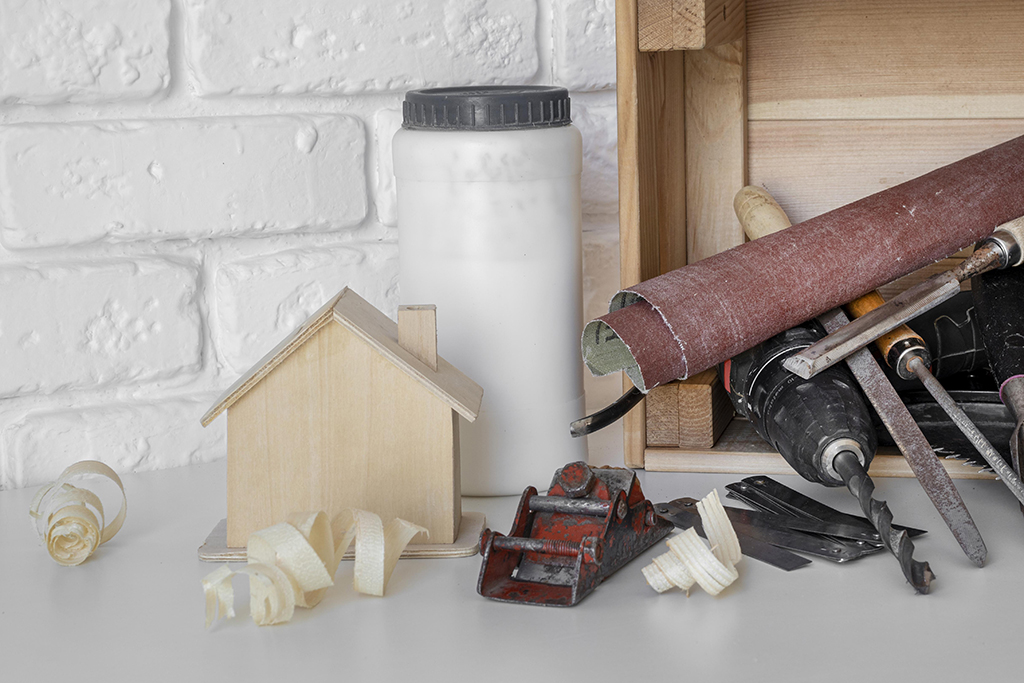On average, Americans pay more than $1,800 a year for homeowner’s insurance, but rates can vary widely depending on details such as your location and risk level. Here are some of the most common factors that can impact what you’ll pay to insure your home.

Your ZIP code
Where you live is one of the biggest influencers on how much you’ll pay for homeowner’s insurance. For example, if you reside in an area prevalent with crime or disasters like wildfires and hurricanes it could increase your rates due to the higher risk involved. Also, premiums tend to be higher in urban areas than in rural ones since homes are more expensive to construct in densely populated areas. On the other hand, if your home is situated close to fire hydrants or a staffed firehouse, you could see a discount in your premium.
Replacement cost
Factors like the size, age, number of rooms, and architectural style of your home, along with local rebuilding costs, can all affect your premium. The larger or older your home is, for instance, the higher your insurance rate may be since it may have more wear and tear and be more expensive to repair. An aging roof or dated wiring and plumbing may also require you to pay more as those items may need fixes—a roof that’s older than ten years old is likely to raise a red flag with insurers. On the other hand, if you update any aging features in your home, you should contact your insurer; these fixes might get you a lower premium.

Your deductible
A deductible is the amount you’ll have to pay out of your own pocket for a claim before your insurer covers the remaining damage. You can usually lower your homeowner’s insurance premium by opting for a higher deductible. However, be sure not increase your deductible too much, or you may not be able to afford repairs if you do have to file a claim.

The breed of your dog
You might be surprised to hear that the type of dog you own could raise your insurance premium. If you own a “high-risk” dog breed, such as a pit bull, Rottweiler, or German shepherd, you may be charged a higher premium since there could be a greater chance your dog injures you or someone else. Your insurer might not even cover your pet at all—dog-bite liability claims cost insurers tens of thousands of dollars a year. However, every insurance company has their own list and rules when it comes to insuring homes with dogs—and some don’t have any—so check with your agent to see whether your coverage and premium would be affected.
Your claims history
Filing a claim could raise your insurance premium, at least temporarily, because it may cause your insurer to consider it likely that you’ll file another one in the future—especially if the claim is related to a dog bite, theft, or water damage. Your premium may also go up if you file more than one claim over a short period, regardless of your reasons for doing so, or if the frequency of insurance claims in your area is on the rise, since both raise the possibility that you could submit a claim.

Home improvements
If you’ve recently renovated your home, you might pay a higher premium since the improvements will make your home more expensive to rebuild or repair. But despite this, it’s still a good idea to contact your agent or insurer and inform them about your home improvement project. You’ll want to make sure that the postrenovation value of your home is fully covered by your policy.

Risky home features
While swimming pools, trampolines, hot tubs, and wood-burning fireplaces can make your home more fun and enjoyable, they can also result in higher insurance premiums because they increase the risk of injury to yourself or others. Contact your insurer before adding any such features to your home to make sure you’ll be fully covered should an accident occur.
If you plan to purchase a home, get a new pet, or complete some home improvements, talk to your insurance agent first to update your policy so your home is adequately insured and to determine how these issues may impact your home insurance premium.
